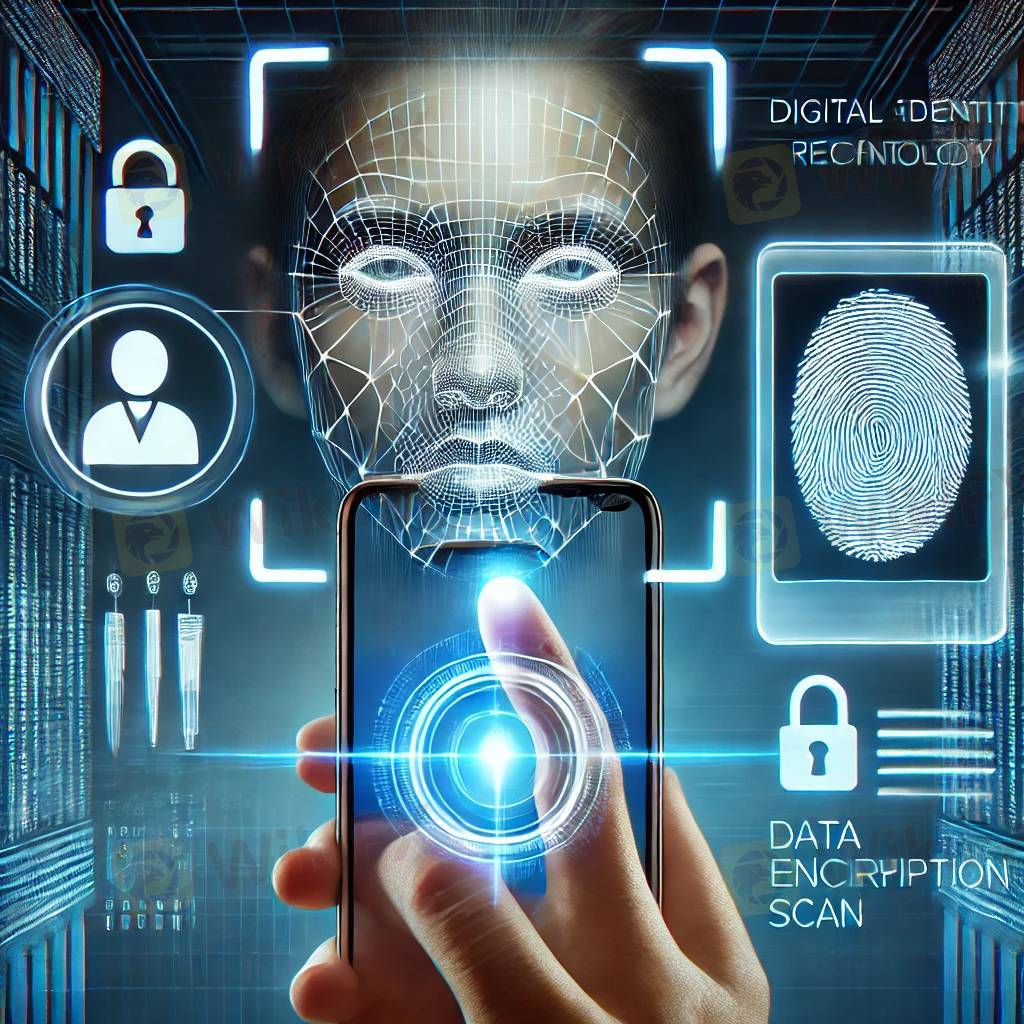
2025-02-06 08:25
A l'instar de l'industrieThe Importance of Identity Verification
#Firstdealofthenewyearastylz
Why Identity Verification Matters?
In today's interconnected world, identity verification plays a crucial role in ensuring security and trust across multiple sectors. Whether in finance, healthcare, or online services, verifying an individual’s identity helps prevent fraud, protect sensitive data, and ensure compliance with regulatory standards. As digital transactions and remote services continue to grow, robust identity verification methods have become more critical than ever.
Identity Verification Across Sectors
1. Finance:
Banks and financial institutions rely on identity verification to comply with Know Your Customer (KYC) and Anti-Money Laundering (AML) regulations. This prevents financial crimes such as money laundering, identity theft, and fraud.
2. Healthcare:
Hospitals and clinics use identity verification to ensure that medical records are accurately linked to the correct patient. This reduces the risk of misdiagnoses, insurance fraud, and unauthorized access to sensitive medical information.
3. E-commerce & Online Services:
Digital platforms verify user identities to prevent fraudulent transactions, fake accounts, and unauthorized access. This is especially important for online banking, cryptocurrency exchanges, and government services.
Traditional Methods of Identity Verification;
For decades, identity verification relied on physical documents and manual processes. Some common traditional methods include:
Government-issued IDs: Passports, driver’s licenses, and national ID cards are commonly used for verification.
Knowledge-based authentication (KBA): Users answer security questions based on personal information.
Face-to-face verification: Physical presence is required for authentication, often seen in banks and government offices.
Limitations of Traditional Methods;
While effective in many cases, traditional identity verification methods have several limitations:
Vulnerability to fraud: Documents can be forged, and personal information can be stolen.
Inefficiency: Manual verification is time-consuming and resource-intensive.
Inaccessibility: Some individuals may lack government-issued IDs, limiting their access to services.
Modern Solutions to Identity Verification;
To address these challenges, modern identity verification solutions leverage technology to enhance security and efficiency:
Biometric Authentication: Fingerprints, facial recognition, and iris scans provide secure and user-friendly verification.
AI and Machine Learning: Algorithms detect fraud by analyzing user behavior and document authenticity.
Blockchain-based Identity Systems: Decentralized identity verification enhances security and reduces reliance on central authorities.
Conclusion
Identity verification is a fundamental component of security in today’s digital world. While traditional methods have served their purpose, they come with challenges that modern technologies aim to overcome. By adopting advanced identity verification solutions, businesses and institutions can enhance security, improve efficiency, and build trust with their users.
---
Illustration for Identity Verification
I will generate an image illustrating identity verification. Please hold on.
J'aime 0

Harkins.
Courtiers
Discussions recherchées
A l'instar de l'industrie
WikiFX recrute: Un(e) spécialiste e-marketing Forex à temps partiel
A l'instar de l'industrie
WikiFX recrute un(e) spécialiste marketing
A l'instar de l'industrie
Tirages au sort WikiFX - Tentez votre chance pour gagner un crédit d’appel !
A l'instar de l'industrie
Chemin à la fortune : Indications de l'activité Airdrop WikiBit
Analyse de marché
construction
A l'instar de l'industrie
Route à la Fortune : Indications de l'activité Airdrop Spécial WikiBit
Catégorisation des marchés

Plateformes

Signalement

Agents

Recrutement

EA

A l'instar de l'industrie

Marché

Indicateur
The Importance of Identity Verification
 Hong Kong | 2025-02-06 08:25
Hong Kong | 2025-02-06 08:25#Firstdealofthenewyearastylz
Why Identity Verification Matters?
In today's interconnected world, identity verification plays a crucial role in ensuring security and trust across multiple sectors. Whether in finance, healthcare, or online services, verifying an individual’s identity helps prevent fraud, protect sensitive data, and ensure compliance with regulatory standards. As digital transactions and remote services continue to grow, robust identity verification methods have become more critical than ever.
Identity Verification Across Sectors
1. Finance:
Banks and financial institutions rely on identity verification to comply with Know Your Customer (KYC) and Anti-Money Laundering (AML) regulations. This prevents financial crimes such as money laundering, identity theft, and fraud.
2. Healthcare:
Hospitals and clinics use identity verification to ensure that medical records are accurately linked to the correct patient. This reduces the risk of misdiagnoses, insurance fraud, and unauthorized access to sensitive medical information.
3. E-commerce & Online Services:
Digital platforms verify user identities to prevent fraudulent transactions, fake accounts, and unauthorized access. This is especially important for online banking, cryptocurrency exchanges, and government services.
Traditional Methods of Identity Verification;
For decades, identity verification relied on physical documents and manual processes. Some common traditional methods include:
Government-issued IDs: Passports, driver’s licenses, and national ID cards are commonly used for verification.
Knowledge-based authentication (KBA): Users answer security questions based on personal information.
Face-to-face verification: Physical presence is required for authentication, often seen in banks and government offices.
Limitations of Traditional Methods;
While effective in many cases, traditional identity verification methods have several limitations:
Vulnerability to fraud: Documents can be forged, and personal information can be stolen.
Inefficiency: Manual verification is time-consuming and resource-intensive.
Inaccessibility: Some individuals may lack government-issued IDs, limiting their access to services.
Modern Solutions to Identity Verification;
To address these challenges, modern identity verification solutions leverage technology to enhance security and efficiency:
Biometric Authentication: Fingerprints, facial recognition, and iris scans provide secure and user-friendly verification.
AI and Machine Learning: Algorithms detect fraud by analyzing user behavior and document authenticity.
Blockchain-based Identity Systems: Decentralized identity verification enhances security and reduces reliance on central authorities.
Conclusion
Identity verification is a fundamental component of security in today’s digital world. While traditional methods have served their purpose, they come with challenges that modern technologies aim to overcome. By adopting advanced identity verification solutions, businesses and institutions can enhance security, improve efficiency, and build trust with their users.
---
Illustration for Identity Verification
I will generate an image illustrating identity verification. Please hold on.
J'aime 0
Je veux faire un commentaire aussi.
Poser une question
0commentaires

Aucun commentaire pour l'instant. Soyez le premier de faire un commentaire !

Poser une question
Aucun commentaire pour l'instant. Soyez le premier de faire un commentaire !